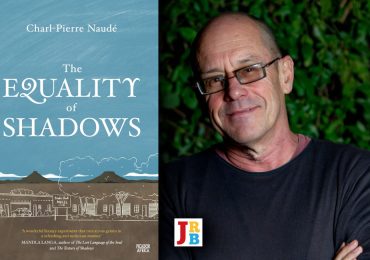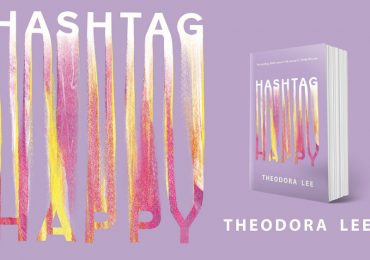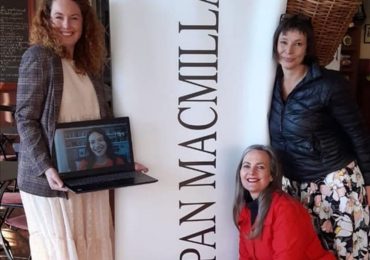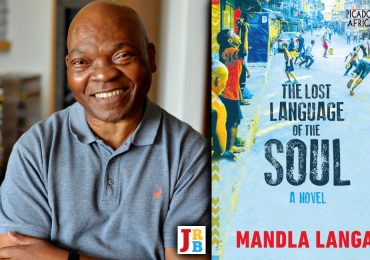Mandy Wiener chatted to The Reading List about her explosive new book, Ministry of Crime: An Underworld Explored.
As a follow up to the bestselling Killing Kebble: An Underworld Exposed (2010), Ministry of Crime examines how organised crime, gangsters and powerful political figures have been able to capture the law enforcement authorities and agencies.
The book is out now from Pan Macmillan!
The Reading List: Thank you for agreeing to an interview, Mandy, and congratulations on the new book. It’s a humdinger.
Mandy Wiener: Thank you so much.
The Reading List: Headlines have been coming in thick and fast since Ministry of Crime was released, relating to new facts you’ve revealed about people like former Gauteng Hawks head Shadrack Sibiya or the late underworld figure George Louca. While you’re researching and writing a book like this, how do you decide what is news that needs to be released immediately, and what to reveal in the book?
Mandy Wiener: It’s a constant challenge, to be honest, because I am by nature a hard news reporter that loves breaking news. I have a fairly good sense what is more urgent and what would do better in the context of a book. If information comes out of an exclusive interview that I have done, then I would usually hang onto it for the book, but if it’s a story that breaks, like a hit or a court case, then there is no waiting around.
The Reading List: The research you must have done from this book is incredible. Did most of it come from personal interactions and interviews, or did you look at archives, records, places like that as well?
Mandy Wiener: I lived the events in the book and reported on most of them for EWN so I had most of the information already, but I also did a fortune of sit down interviews with people. Nearly two dozen, I think, and they were a mine of information. People gave me documents and then pointed me in the right direction, so I did look a lot at sworn affidavits, confidential reports and court transcripts. I tried to use a little bit of everything to weave together the tapestry of the narrative.
The Reading List: Lines like ‘[Radovan] Krejcir completed a four-year degree in Economics in Ostrava before going into business, although some believe he studied Engineering’ show how difficult even the simplest facts must have been to pin down. Did you develop any strategies to deal with this kind of thing?
Mandy Wiener: Every single fact had to be checked and double checked because there are so many competing agendas and most of these characters are opaque. Some of it is myth, some of it is fact, so I tried to be clear in the book where I couldn’t be sure of something. In some places, facts had been assumed, but when I scratched a little deeper, it turned out to be nonsense. It’s very difficult terrain to navigate but I am inherently cynical so I think that helped.
The Reading List: You quote Czech TV journalist Jiří Hynek as saying Krejcir moved to South Africa from the Seychelles because it was ‘a bigger market’, and you describe South Africa in 2007 as an ‘an appetising option’ for a ‘shadowy character’. Could you talk a bit about how Krejcir’s decision to move to South Africa says something about the state of the country or its reputation?
Mandy Wiener: It’s important to keep in mind the context of the country when Krejcir moved to South Africa in 2007. Jackie Selebi, the former National Police Commissioner, was accused of being in a corrupt relationship with Glenn Agliotti. Agliotti confessed to the corruption and testified in court and then got off without being prosecuted. The Kebble shooters publicly admitted to shooting him dead and then they were granted immunity from prosecution. Krejcir would have looked at this situation and would have seen what was possible with money, power and influence. The country was ripe for the pickings and the criminal justice system was in the early stages of being broken. He saw massive opportunity. He told journalists outside court once that he moved to SA because of our amazing criminal justice system. The irony.






Comment * she is such a bright individual that our country has ever produced, a very good organic researcher of all time, every book she publishes brings nore debates and further synthesis to the audience and the citizens. She is a fact finder